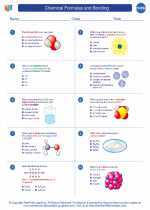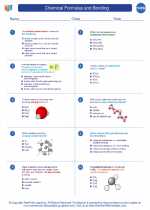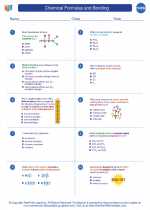Overview of Internal Medicine
- Internal Medicine focuses on the prevention, diagnosis, and treatment of adult diseases.
- Internists are experts in managing a variety of medical conditions, including chronic diseases such as diabetes, hypertension, and heart disease.
- They are trained to handle complex and multiple medical problems in a patient.
Common Conditions Treated in Internal Medicine
- Cardiovascular diseases
- Diabetes
- Hypertension
- Respiratory diseases
- Gastrointestinal disorders
- Infectious diseases
- Endocrine disorders
- Rheumatologic disorders
Skills and Knowledge Required
- Comprehensive understanding of human anatomy and physiology
- Proficiency in diagnostic procedures such as interpreting lab tests, imaging studies, and ECGs
- Ability to manage complex medical cases and coordinate care with other specialists
- Strong communication and interpersonal skills to build rapport with patients and their families
- Up-to-date knowledge of evidence-based medicine and treatment guidelines
Training and Education
Internists typically complete a three-year residency program in internal medicine after graduating from medical school. The residency provides hands-on training in various subspecialties within internal medicine, including cardiology, pulmonology, gastroenterology, and others.
Continuing Education and Board Certification
After completing residency, internists may choose to pursue further specialization through fellowships in areas such as cardiology, gastroenterology, or infectious diseases. Board certification in internal medicine is obtained through examinations administered by the American Board of Internal Medicine (ABIM).
Professional Associations
- American College of Physicians (ACP)
- American Society of Internal Medicine (ASIM)
- American Medical Association (AMA)
◂Chemistry Worksheets and Study Guides High School. Chemical Formulas and Bonding
Worksheet/Answer key Chemical Formulas and Bonding
Chemical Formulas and Bonding  Worksheet/Answer key
Worksheet/Answer key Chemical Formulas and Bonding
Chemical Formulas and Bonding  Worksheet/Answer key
Worksheet/Answer key Chemical Formulas and Bonding
Chemical Formulas and Bonding 

 Worksheet/Answer key
Worksheet/Answer key
 Worksheet/Answer key
Worksheet/Answer key

The resources above cover the following skills:
PHYSICAL SCIENCE (NGSS)
Matter and Its Interactions
Students who demonstrate understanding can:
Plan and conduct an investigation to gather evidence to compare the structure of substances at the bulk scale to infer the strength of electrical forces between particles.